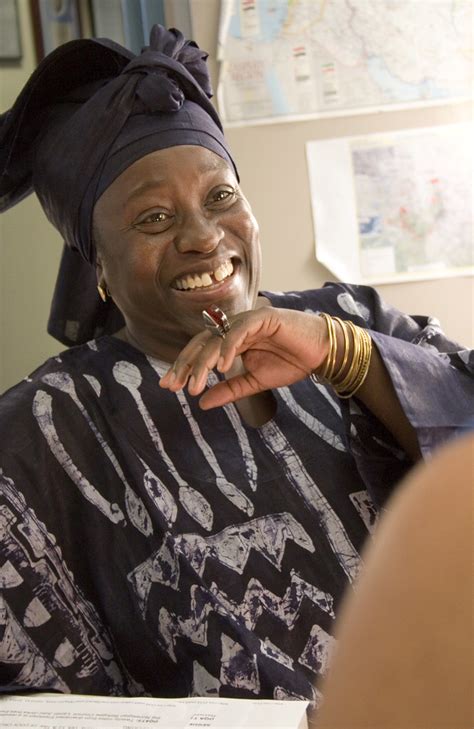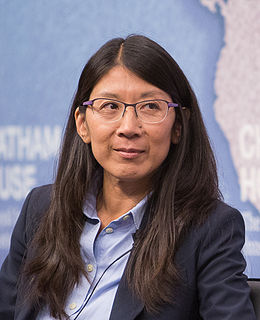A Quote by Tom Frieden
We have learned a lot about how to treat Ebola, how to ensure that the people caring for people with Ebola do so minimizing their risk of infection.
Related Quotes
Is Guinea prepared? And that's the question because of course these three countries had very, very weak health institutions. Many people had said that there was denial in Guinea, that many people in Guinea either said that Ebola did not exist or were hostile to any sort of Ebola health and safety awareness - how to deal with it.





























